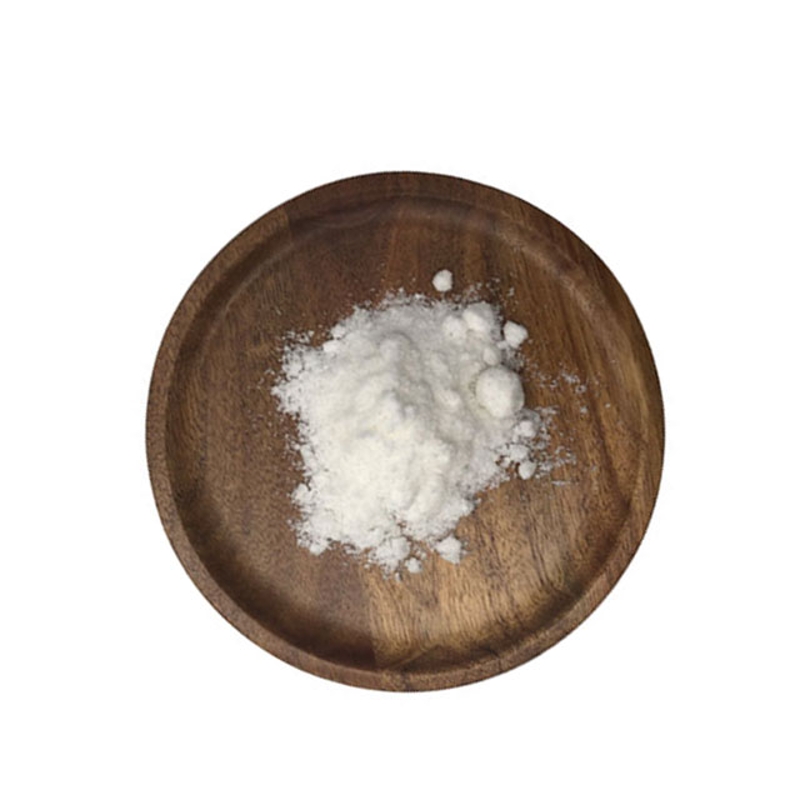-
Categories
-
Pharmaceutical Intermediates
-
Active Pharmaceutical Ingredients
-
Food Additives
- Industrial Coatings
- Agrochemicals
- Dyes and Pigments
- Surfactant
- Flavors and Fragrances
- Chemical Reagents
- Catalyst and Auxiliary
- Natural Products
- Inorganic Chemistry
-
Organic Chemistry
-
Biochemical Engineering
- Analytical Chemistry
- Cosmetic Ingredient
-
Pharmaceutical Intermediates
Promotion
ECHEMI Mall
Wholesale
Weekly Price
Exhibition
News
-
Trade Service
A certain frequency of non-damaging brain impacts weakens the normal function of the brain.
In the past, it was believed that occasional minor head impacts had no effect on learning outcomes and memory, but in a new study published in the journal Nature Communications on May 10, investigators found that when the frequency of non-invasive head impacts increased At times, the brain changes a certain way of functioning .
When the frequency of non-invasive head impacts increases, the brain changes a certain way of function.
Stephanie S.
Stephanie S.
Dr.
He said: "Most studies have been conducted in mouse models with more severe brain damage, or in human brains with chronic traumatic encephalopathy (CTE).
Researchers found that high school and college football players receive an average of 21 head impacts per week, while defensive players experience twice the number of impacts.
Among the athletes who were impacted, behavior problems occurred, including minor learning effects and memory deficits, aggressive behavior changes, and sleep disturbances.
Long after the head impact, the mice were found to show slow learning ability and impaired memory.
High-frequency head impact impairs cognitive function and changes the characteristics of the synaptic transcriptome, leading to chronic synaptic adaptation and long-term cognitive impairment in mice
High-frequency head impact impairs cognitive function and changes the characteristics of the synaptic transcriptome, leading to chronic synaptic adaptation and long-term cognitive impairment in miceSo how does synaptic function change? Another author of the study, Dr.
The brain wants to adapt to the situation where a large amount of glutamate is released due to frequent head impacts, which will inhibit the normal response to glutamate.
In the case of a single head impact or infrequent impact, the synapses will not undergo this brain realignment.
FDA
"This shows that the cognitive problems we see in mice with head impacts are caused by changes in the way the brain works, not because of brain damage or CTE.
Burns believes that "CTE is different from this newly discovered mechanism.
Leave a message here







